Analyst casts doubt on US willingness to return to Iran deal
A political analyst and foreign affairs journalist says he doubts the willingness of the US President Joe Biden administration to return to the 2015 nuclear deal with Iran amid Israeli opposition to the agreement.
Speaking in an interview with Press TV, Patrick Lawrence rejected Washington’s claim that Tehran must take the first step to revive the nuclear deal as US National Security Adviser Jake Sullivan has said the ball is in Iran’s court.
“The ball is in the Americans’ court because they withdrew from this agreement unilaterally, then imposed sanctions, which are illegal. Plainly, the ball is in the Americans’ court and they simply don’t want to acknowledge this,” he said on Monday.
The administration of former US president Donald Trump unilaterally abandoned the Iran nuclear deal in May 2018 and launched what his team called a “maximum pressure campaign.”
Despite offering verbal support for the Iran deal, the European parties to the agreement — France, Britain, and Germany — succumbed to Washington’s pressure and failed to fulfill their contractual commitments to Tehran.
That prompted Tehran to start taking a set of measures in several stages as part of its legal rights stipulated in Articles 26 and 36 of the deal itself, downgrading its obligations due to the non-performance of the agreement by the other parties.
Biden has spoken of a willingness to rejoin the Iran deal, but in practice, his administration has been sticking with Trump’s futile pressure campaign so far. Washington says Tehran should return to full compliance with the deal before the US comes back.
Iran, however, says the US should first lift all the sanctions put in place under the Trump administration before the Islamic Republic stops the measures under Articles 26 and 36.
Lawrence said the White House’s main issue was the Israeli regime.
“The principal problem facing the Biden administration is Israel. Israel must be made happy on the Iran question and Israel has made it very plain that it does not want the JCPOA to be re-opened, to be revived,” he said, using an abbreviation for the Iran deal’s official name.
Commenting on Iranian money blocked in South Korea and other countries as a result of American sanctions, Lawrence said the US “cannot reasonably expect Iran to rejoin negotiations when it’s blocking money that belongs to Iran and the Iranian people.”
Last week, US Secretary of State Antony Blinken suggested that the US would oppose the release of Iran’s frozen funds from South Korea until Tehran returns to full compliance with the nuclear deal.
Lawrence said Biden, who was vice president under former president Barack Obama, was not rushing back to either of the two major diplomatic achievements of Obama’s presidency, namely the 2015 Iran nuclear accord and the re-establishment of relations with Cuba.
“I really don’t think that President Biden has any serious plans to revive the Iran nuclear accord, and America’s participation in it,” he said.
Elsewhere in his remarks, the analyst attributed the failure of the European signatories to the deal to turn their verbal support for the agreement into palpable action to their dependence on America.
He said the spineless behavior on the part of the Europeans dated back to “the Cold War, the immediate post-World War II years, when Europe grew very dependent on America” after European economies were destroyed.
“It grew very dependent on America economically and also for security. It’s from that period that the Europeans surrendered any sense of autonomous initiative in questions of foreign policy,” Lawrence said.
Touching upon the financial and political pressure exerted by the US on some countries in the Middle East, Lawrence said the US aimed to “make sure we have free access to the maximum of Middle Eastern petroleum reserves” and to “maintain its hegemony.”
“As a hegemonic power, America, like most others in history, cannot tolerate ‘deviation.’ In this context, Iran is a deviant nation in the eyes of Washington. Syria is a deviant nation in the eyes of Washington,” he said, hailing the Iranian and Syrian peoples for successfully resisting American sanctions and refusing to submit to a hegemonic power.
“I have nothing but admiration for Iranian people, and nothing but admiration for Syrian people because their economies have been mercilessly damaged, perhaps in some sectors destroyed. And nobody in either [country], so far as I can make out, is talking about caving in to the Americans,” he said.
“I think all signs indicate that in the long term, Iran will prevail in its determination to maintain its territorial integrity, its independence, its sovereignty, and its right to determine its own path,” he said.
Iran ‘serious’ on achieving a ‘fair’ deal with US, Araghchi tells Lavrov
Trump administration gives ICE broader powers to detain legal refugees
Hamas slams Israeli restrictions on access to al-Aqsa mosque during Ramadan
Iran’s Dena destroyer docks in Indian port as Tehran, New Delhi discuss maritime security
Trump plans to establish 'massive' military base in southern Gaza: Report
NYT questions Trump’s justification for threatening war on Iran
VIDEO | Press TV's news headlines
Araghchi stresses efforts to draft negotiating text between Iran and US


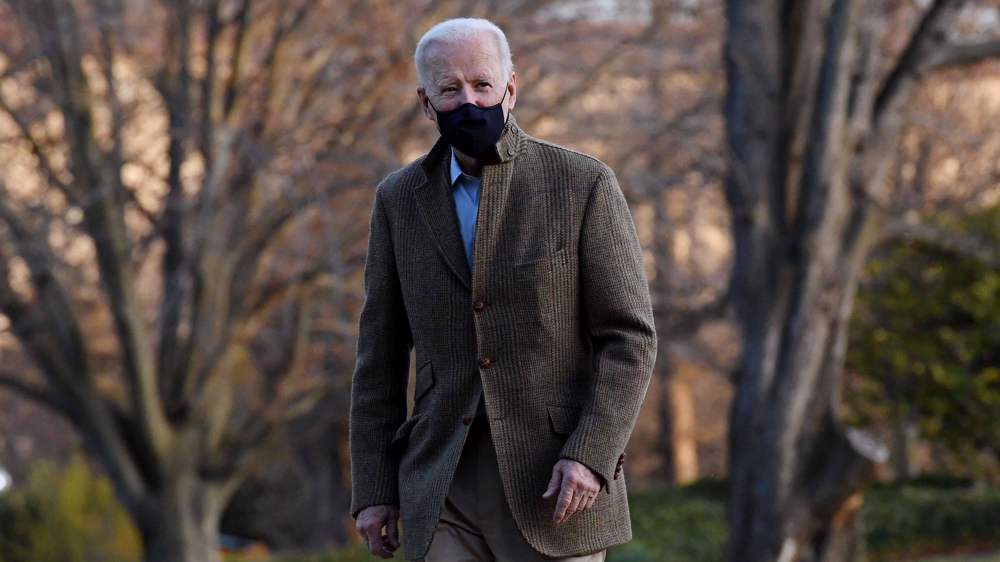

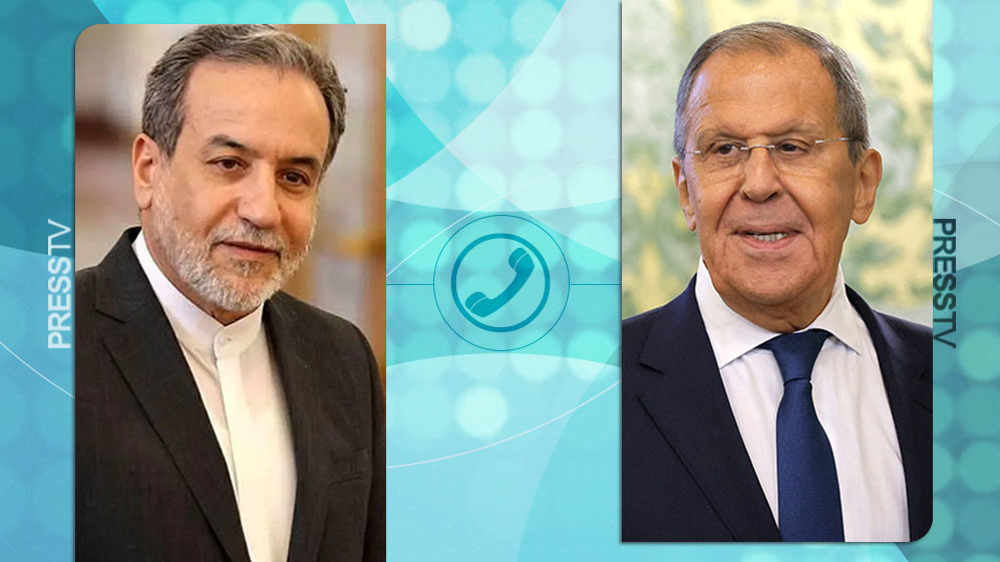
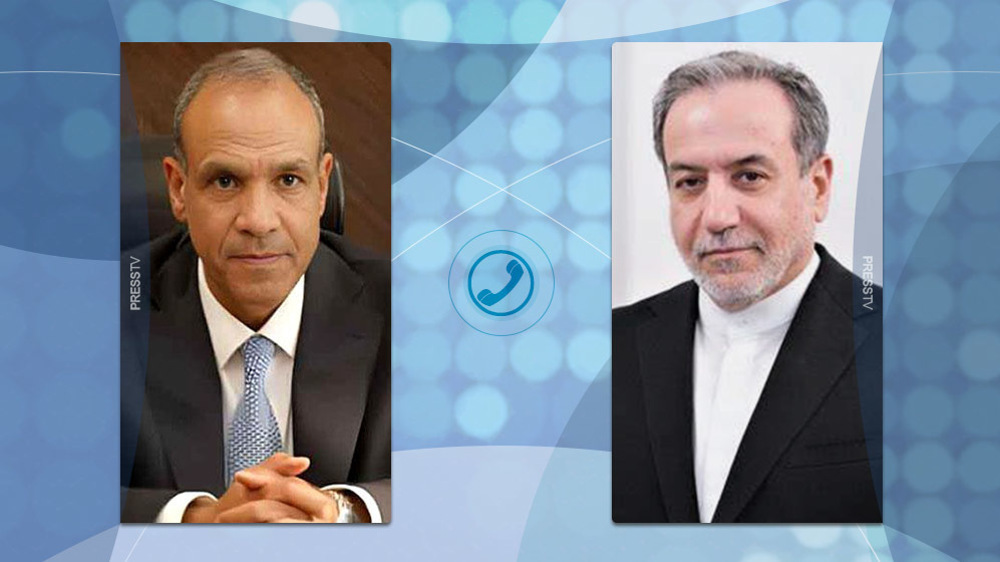
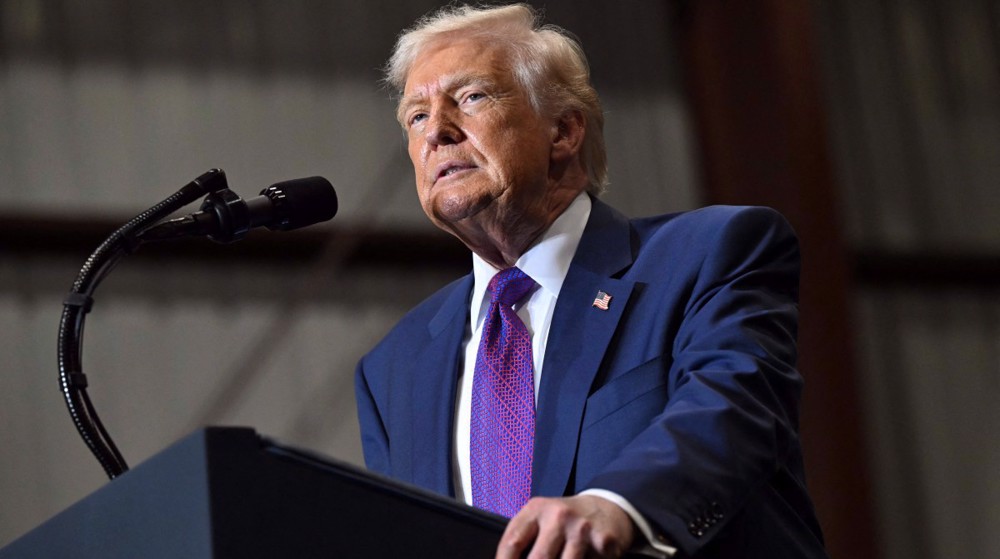



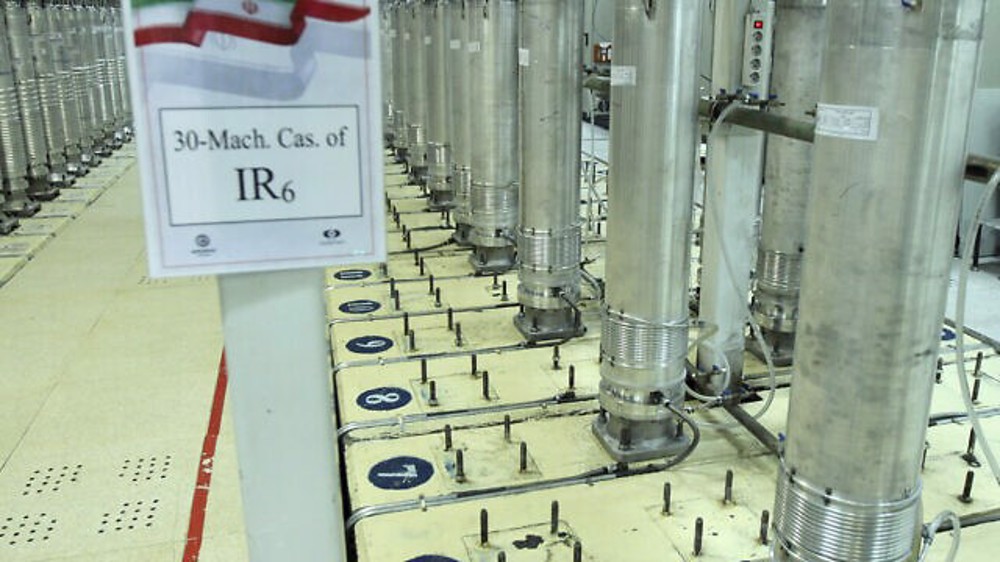
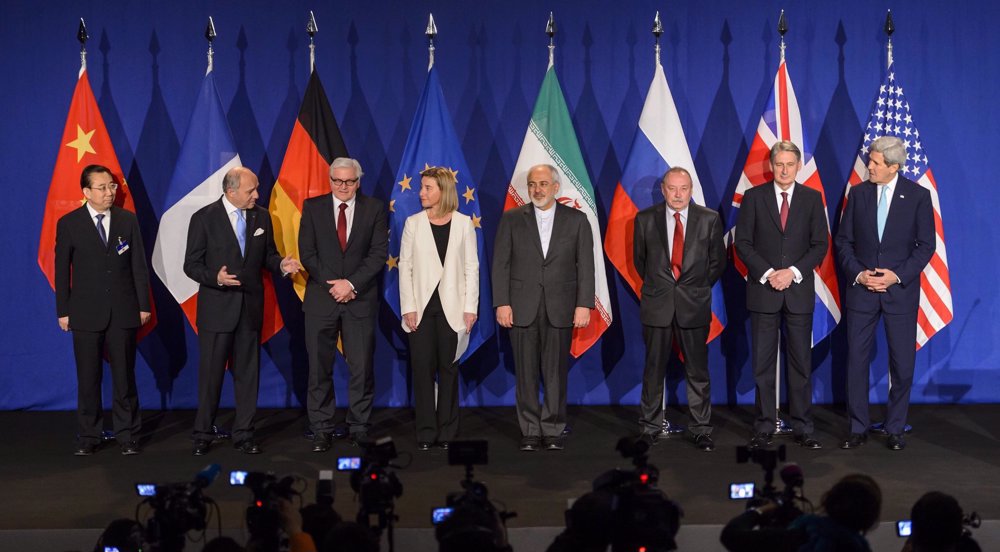

 This makes it easy to access the Press TV website
This makes it easy to access the Press TV website